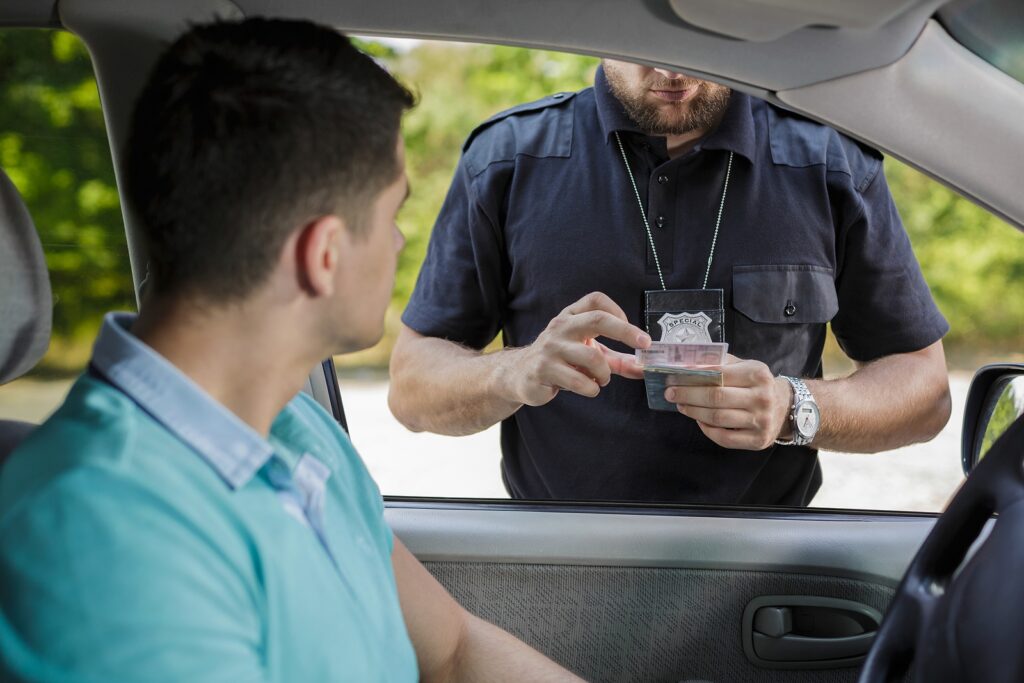If you are the parent of a teenager who is accused of a crime, what steps will you need to take? If your teenager is in trouble with the law, your first step must be contacting a Woburn juvenile defense attorney.
Along with your right to be advised and represented by an attorney, if your teenager is arrested and charged with a crime in this state, your parental and legal rights include the right to:
- be told that your teenager has been arrested
- be present at any and all police interrogations
- visit your teenager in a detention facility
- accompany your teen to juvenile hearings
- in some circumstances, speak at a hearing
What else should parents know about the Massachusetts juvenile justice system? What penalties may be imposed on a juvenile who is found “delinquent” (that is, guilty)? What’s the best way to protect a teen who is in legal trouble? Keep reading. These questions are about to be answered.
What Are Your Legal Obligations as a Parent?
Accompanying your teenager to juvenile court is both a parental right and a parental obligation. You’re also obligated to help your teenager comply with orders from the court, and you also must comply with orders from the court that affect your parenting duties.
Parents can proactively help teens avoid trouble with the law by having serious conversations with their teenagers about what’s at stake when a teen commits a crime or is charged with a crime.

Teenagers should know their rights, particularly the right to remain silent and the right to have an attorney present for any questioning. Interrogation by the police can be terrifying, and it has scared too many teenagers into “confessing” to offenses that they didn’t commit.
What Should Parents Know About the Massachusetts Juvenile Justice System?
The Massachusetts juvenile justice system is separate from the adult courts. There are a number of differences in the two systems, and the penalties for convicted teens differ in most cases from adult penalties for the same offense. For example, teens in Massachusetts are not prosecuted for:
- violations of municipal ordinances
- violations of town by-laws
- first-offense misdemeanors that carry a penalty of a fine or six months or less in jail
Massachusetts law states that when teens are charged with crimes, “as far as practicable, they shall be treated, not as criminals, but as children in need of aid, encouragement and guidance. Proceedings against children . . . shall not be deemed criminal proceedings.”
This is an admirable goal, but parents should know that teens may nevertheless face harsh legal penalties – and harsh extra-legal consequences – for some juvenile convictions. A teen charged with a crime must be represented by a lawyer who has substantial juvenile defense experience.
What Happens When a Juvenile Is Charged With a Crime?
Although the Massachusetts juvenile justice system is separate and distinct from the adult courts, and although the goals and approaches are different, the juvenile and adult justice systems in Massachusetts also have these similarities. A teenager who is accused of a crime may be:
prosecuted by the county District Attorney’s Office
arraigned before a judge and formally charged
tried before a judge or jury
subject upon conviction to incarceration and/or other penalties

A parent, both parents, or a guardian must accompany a juvenile at an arraignment hearing. The charge will be read and the juvenile should enter a “not delinquent” plea. A Woburn juvenile defense lawyer should represent your child at the arraignment and any subsequent hearings.
How Are Accused Juveniles Detained?
For any of the following reasons, a prosecutor may ask the court to hold a juvenile in detention while awaiting trial if that juvenile:
- is a fugitive wanted in a different jurisdiction
- is charged with a violent offense and facing the possibility of an indictment
- is already being detained or has been released in connection with another case
- has a record of willful failures to appear in court (i.e., “defaults”)
- has a record of violent conduct causing injuries to others
When considering whether a juvenile should be detained, a judge will take into account the juvenile’s delinquency record, school attendance and grades, employment, alcohol or drug use, history of mental health and the stability of the parent or parents and their ability to control or discipline the teenager.
Juveniles accused of crimes may be detained in detention facilities operated by the Massachusetts Department of Youth Services (DYS). A juvenile from the ages of 14 to 18 charged with first- or second-degree murder may be held in a Massachusetts county jail.
When Is a Juvenile Tried as an Adult?
For a serious offense, a juvenile may be charged as a “youthful offender” and tried in a hearing that combines features of juvenile courts and adult courts. If your teen is tried as a youthful offender, he or she must be represented at that hearing by a Woburn juvenile defense attorney.
A teen may be deemed a youthful offender if he or she is between 14 and 18 years old and is charged with a felony, was previously committed to the Department of Youth Services, or if the charge involves a threat or infliction of serious bodily harm or is one of several weapons charges.
Youthful offender trials are conducted in the juvenile courts, but if the juvenile is found guilty, the judge has the discretion to impose any sentence provided by Massachusetts law for adults, including a prison term.
What Will Happen to Your Child?
Some accused teens may qualify for a pre-trial diversion program which gives the teen a chance to avoid a juvenile record. Pre-trial diversion requires an accused teen to avoid committing new offenses. Community service, counseling, and/or school attendance may also be required.
When a juvenile completes a diversion program successfully, the charge may be dismissed. In most cases, however, pre-trial diversion is offered only to first-time juvenile offenders who have not committed serious or violent offenses (which include drunk driving-related offenses).

If your child does not qualify for or complete pre-trial diversion, the case will be returned to the normal case list and a sentence will be imposed if he or she enters a “delinquent” plea or is found delinquent at trial.
The possible dispositions for a juvenile who is found delinquent include different forms of probation or commitment to a Department of Youth Services facility, which combines features of a jail and a treatment facility.
When Should Parents Speak to An Attorney?
Your child may resemble a person who committed a crime or may simply have been in the wrong place at the wrong time. If your teenager is innocent, your juvenile defense attorney will explain to the prosecutor and judge what actually happened. Even in cases where your child may have committed a criminal offense, he or she has certain rights which must be protected.
Whether your child is “delinquent” or innocent, you must consult a Woburn juvenile defense lawyer as soon as you’ve been informed that your child is in legal trouble.





